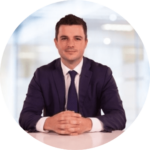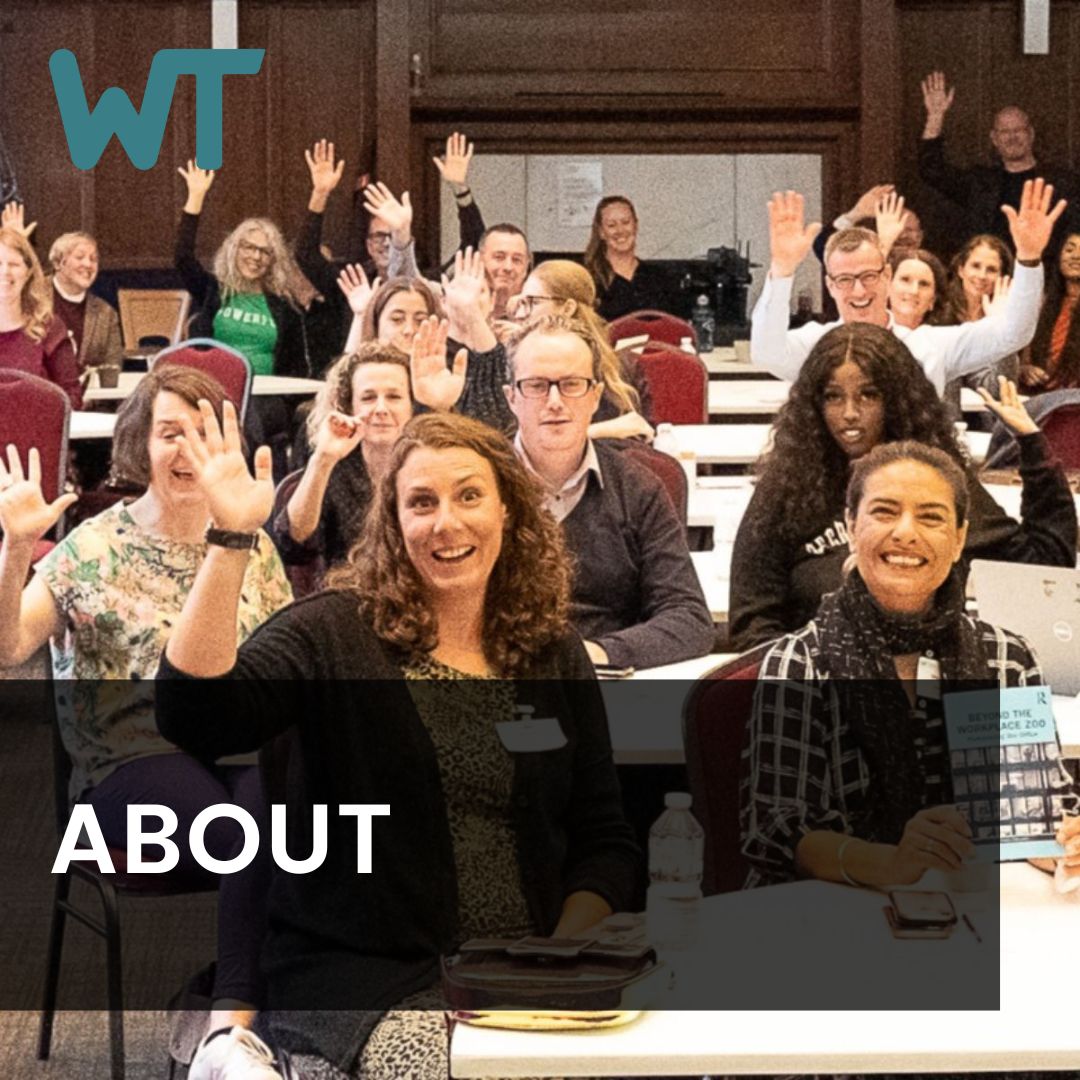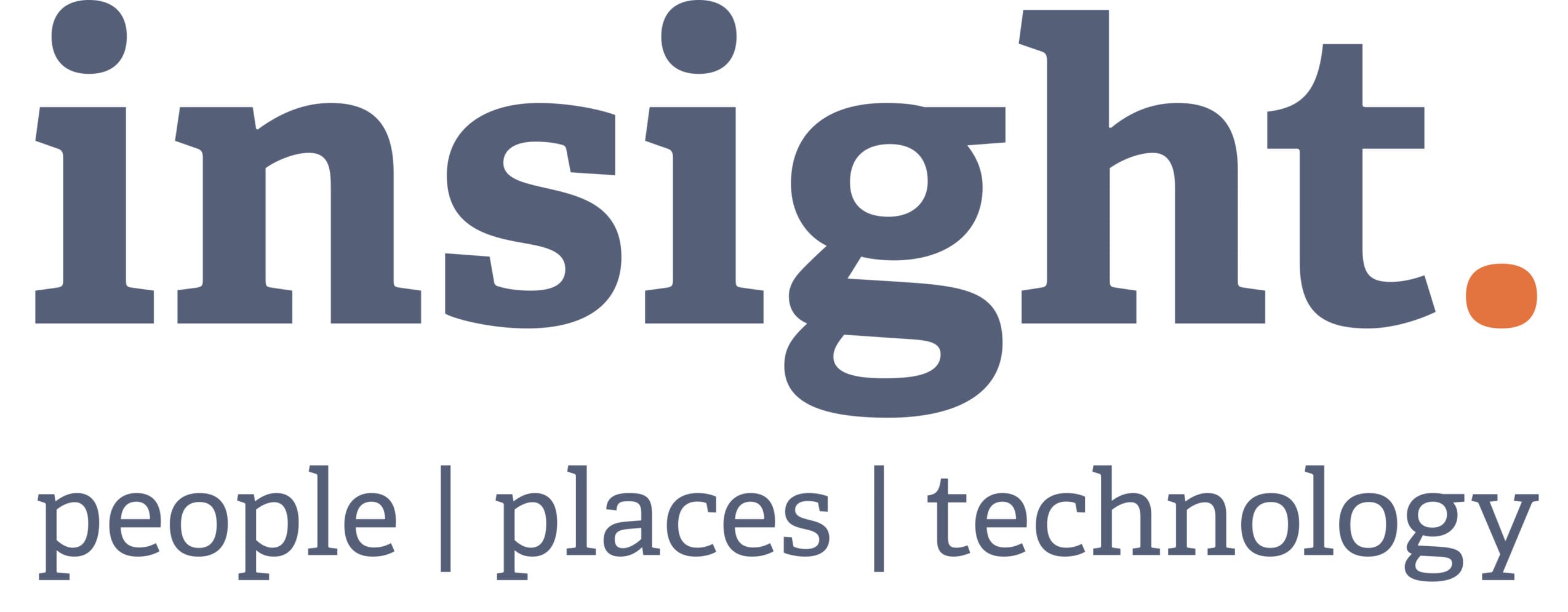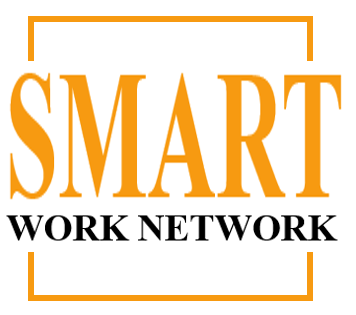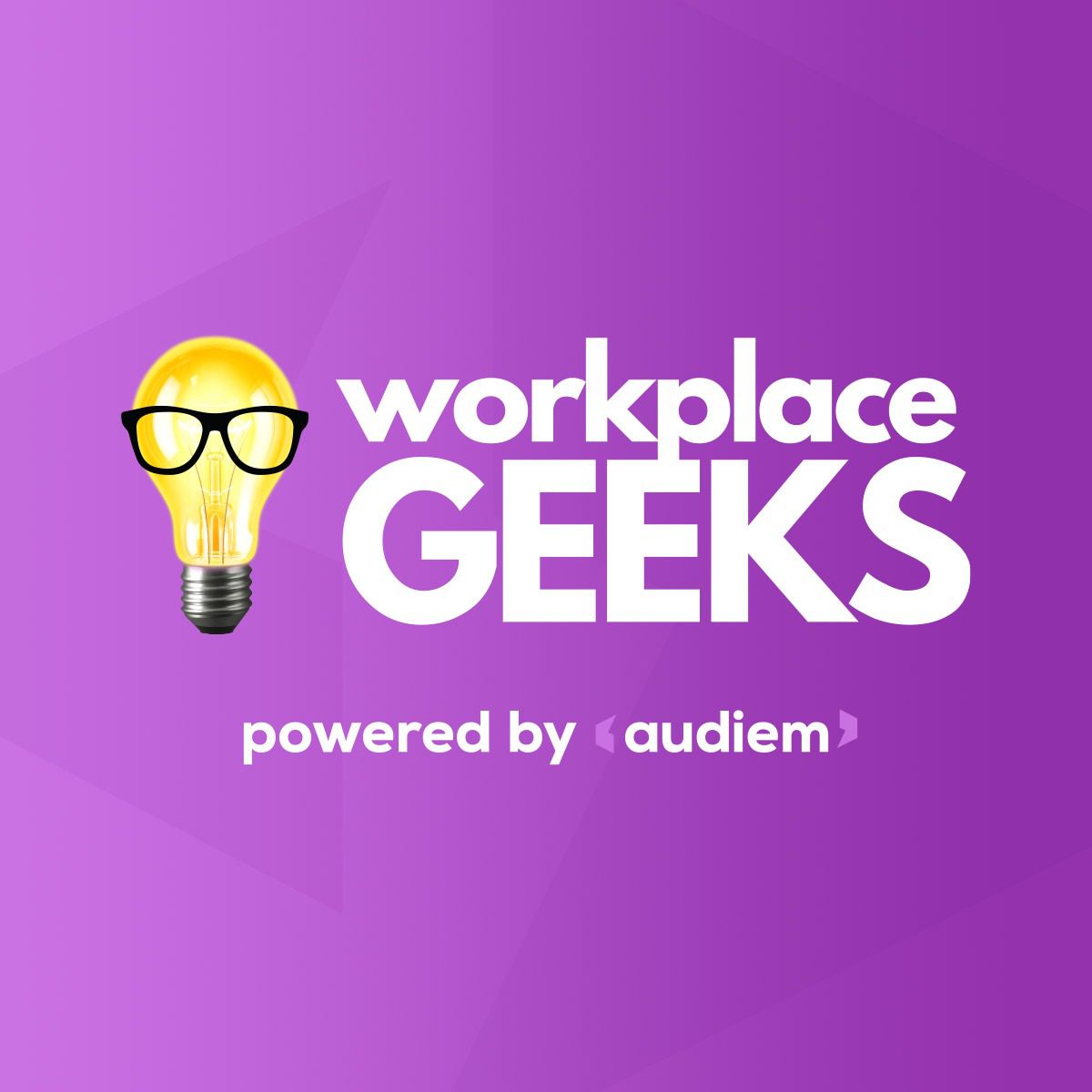Workplace Trends 2023: Programme
Cavendish Conference Centre, London & Online
10:00am – 4.30pm GMT+1, followed by Drinks Social

Programme
Registration, Exhibition, Coffee & Pastries (9.15)
Welcome and Introduction (10.00)
– Morning Chair, Meirion Anderson, Aberley
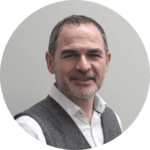
What should the office sector do to adjust their offer? (10.05)
– Chris Kane, EverythingOmni
Chris has recently updated his book, Where is My Office, and is currently working with the BCO to suggest future recommendations for the sector.
- Should the industry look beyond the building itself, consider its wide purpose not just as an asset, re-examine the design process to include a wider range of stakeholders?
- Is there merit in examining how the industry could adapt its approach to the emerging new reality of ubiquitous choice in the context of the development, consumption, and management of British offices for the post pandemic world?
- Has the time arrived for a fundamental re-think about how we do things? Should we take a leaf out of the book of car manufacturers with their approach to switching from ICE to Electric cars? Can we bring ourselves to reimage offices, how they are funded, designed, built and operated in a smarter more sustainable manner?
- Has our current delivery system run out of road?
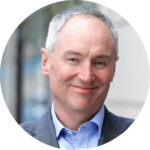
Adopting Foresight into People Centric Change (10.30)
– Jennifer Bryan, ABChange Consultancy
In an uncertain future, characterised by rapid and disruptive change, many change projects seem to be permanently behind the curve, dragging people reluctantly behind them. But does it have to be like that? Change projects and programmes are often conceived using hindsight and then thrown into a changing world. Foresight would be useful, but in a complex world, the future is anything but straightforward and certain. We are going to need some help to gain insight.
Jennifer co-facilitated a 12 month action research project, where they invited 20 people from 4 different organisations in public and private sectors, to integrate future facing tools and people-centric change approaches into their change work. Come find out what the research team and the members did and what they learned.

The Enticing Office (10.55)
– Nigel Oseland, Workplace Unlimited
There has been much recent speculation on post-pandemic office occupancy levels and the reasons why they vary between organisations.
Workplace Trends’ programme advisor Dr Nigel Oseland and fellow psychologist Prof. Gary Raw have conducted research in partnership with MillerKnoll and Workplace Trends to understand the appeal and relative attractiveness of working in the office and working from home. The results of the research are now recently available. Nigel will be sharing the information with us and detailing how the findings can inform the workplace industry on how to improve working environments.

Morning Break and Exhibition (11.25)
Designing for Neurodiversity (11.55)
– Josh Artus, Centric Lab
Approximately 15% of the UK population identify with a level of neurodivergence, many of whom struggle with the typical corporate work environment. Many corners of the broader real estate market see design as the primary solution, whereas this talk will focus on more dynamic, holistic yet equally as simple solutions to creating enabling work environments by real estate people.
Josh Artus will be talking about Centric Lab’s recent work for the British Council for Offices titled ‘Designing for Neurodiversity’, covering Centric Lab’s work into the links between place and health through a neurobiological lens; (re)defining neurodiversity from a justice and equity based lens; and how to use the playbook as a means to develop company-wide guidelines for future projects.
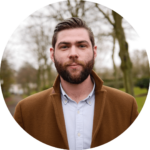
What It’s Really Like To Be a Neurodivergent CEO (12.20)
– Tree Hall, Charity IT Leaders
Tree Hall, CEO of Charity IT Leaders, was diagnosed as autistic at the age of 47. In this very personal presentation she shares her story, exploring what autism means to her, and how it has shaped the way and places she can best work. Tree has become a staunch advocate of how everyone needs to understand autism and other neurodivergence. She is on a mission to make the workplace more inclusive and supportive of neurodiverse individuals.

Welcome Back (13.45)
– Afternoon Chair, Mbali Chaise, iPWC / Coventry University

Lunch and Exhibition (12.45)
Post Lunch Hackathon Energiser (13.50)
– Everyone! with Maddy Woodman, PTHR
Since the advent of software engineers converging to fix bugs and enhance features by positively hacking programmes, Hackathons have become a go-to innovation and problem-solving technique.
Join us for an hour’s energiser, lead by Maddy Woodman of PTHR, to sample the Hackathon approach and work in small teams to experience this energising and creative approach to solutions. Bring your best brain power and collaborative spirit to our unique experience and avoid the post-lunch slump with post-it notes, sharpie pens and pacy, iterative ideas into action.

Green Skills and Circular Economy Thinking For The Workplace (14.45)
– Ann Beavis, Crown Workspace
How can we integrate circular economy thinking into the workplace?
Ann Beavis explores the urgency, challenges and barriers for these critical workstreams to ensure that workplace change supports organisations with their carbon reduction targets and the environmental standards they are aiming for.
As a member of their circular economy taskforce, she will introduce the new Circular Economy Roadmap recently launched by Business in the Community, that signposts organisation through practical steps they can take and case studies that support this transition. She will also share her unique insights into the key blockers to driving sustainable/circular change in the workplace and how to overcome these.

Afternoon Break and Exhibition (15.10)
Workplace Communities and Networks: Why they matter and why you should be doing more (15.40)
– Sara Edwards, Ruth Smethurst and Leah Jones, Government Property Agency
The Government Property Agency is helping transform the way the Civil Service works and reshaping the relationship civil servants have with their place of work. We are introducing a portfolio-led approach to managing central government general purpose property as a strategic asset. We drive benefits through more efficient and effective use of the estate.
This session will discuss how the GPA are putting communities at the heart of great places to work. Through pre and post occupancy evaluation we are gathering the detail on how our spaces and our customer experience strategy is directly impacting on the people who work there. We have insight on what’s working well and what needs more investment – all of this means the GPA can make data driven decisions that are truly based on empathy for our customers.



“Our new offices are wonderful, but we don’t have enough desks!” (16.10)
– Diego Henriques, Anglo American De Beers, and Emily Fiddes, MCM
A tale of how operating with old behaviours in a new environment soon renders the environment not fit-for-purpose.
Did Anglo American waste their money on an expensive real-estate project that didn’t provide enough space? Diego Henrique (Head of Real Estate at AA) and Emily Fiddes (Senior Workplace Consultant at MCM) are here to tell you that they didn’t. They will tell the story of the project, its ambitions, the successes, and the things they would do differently today.
